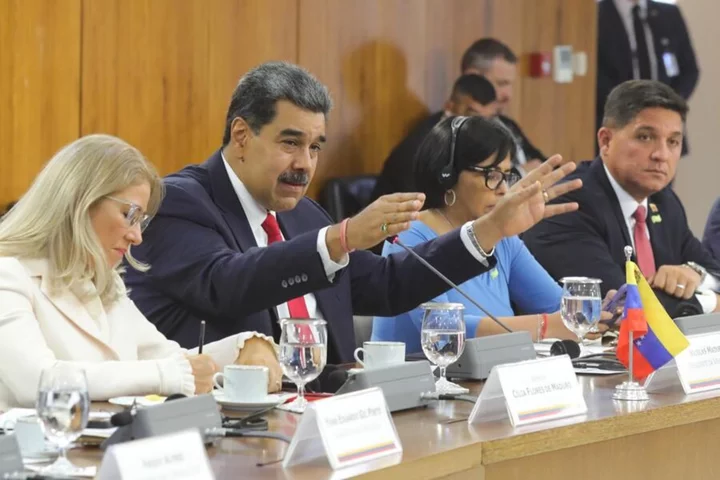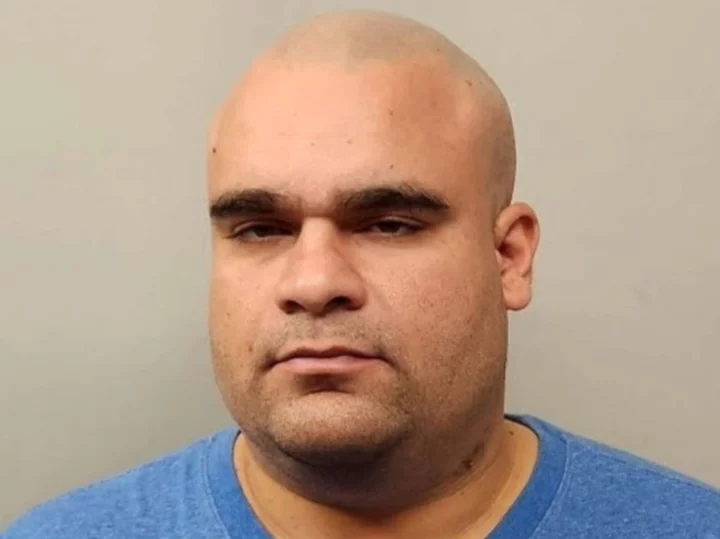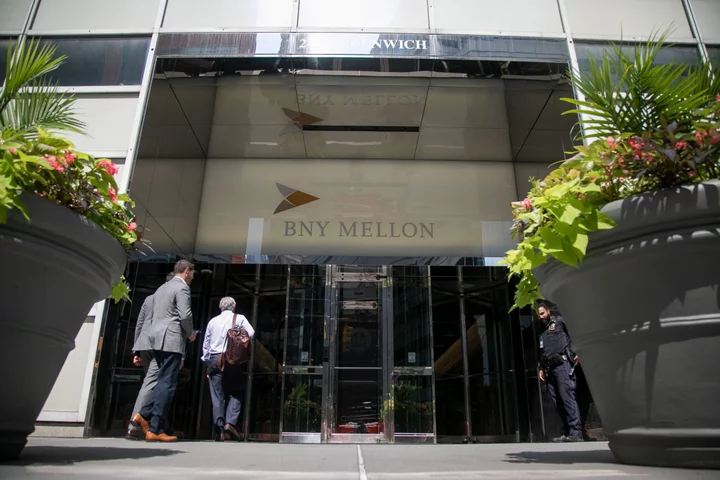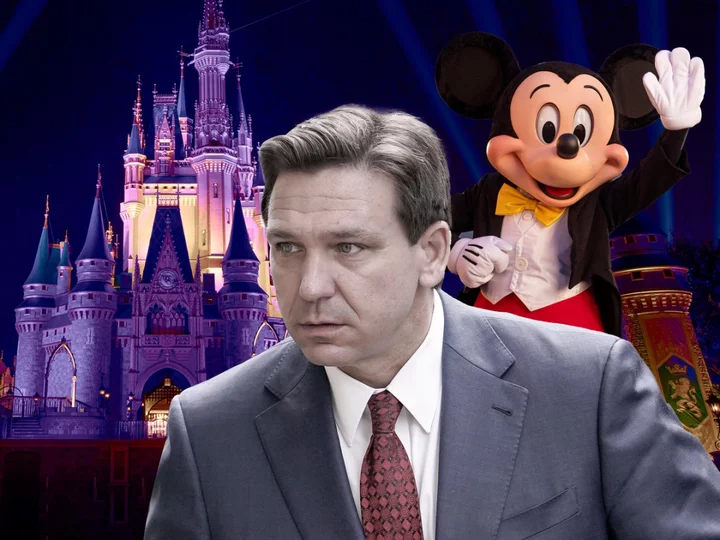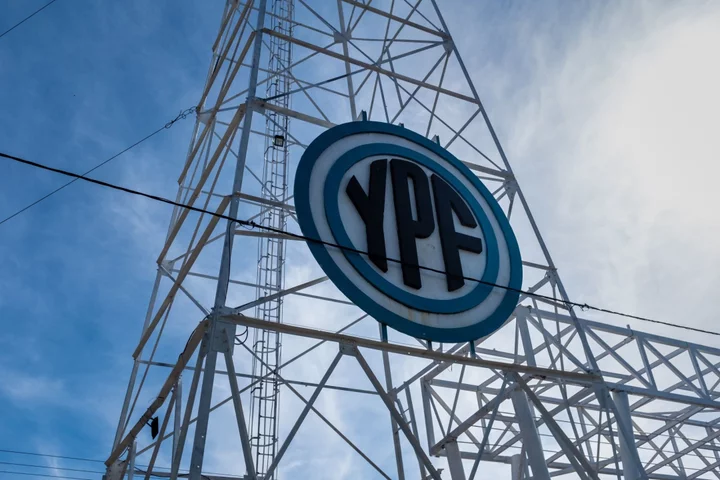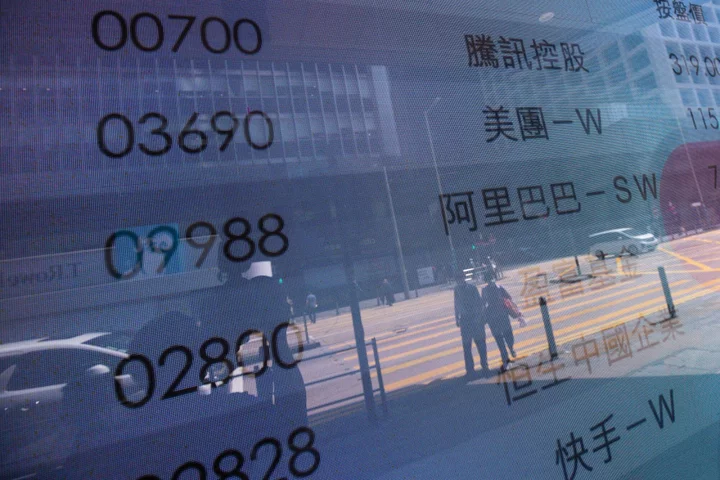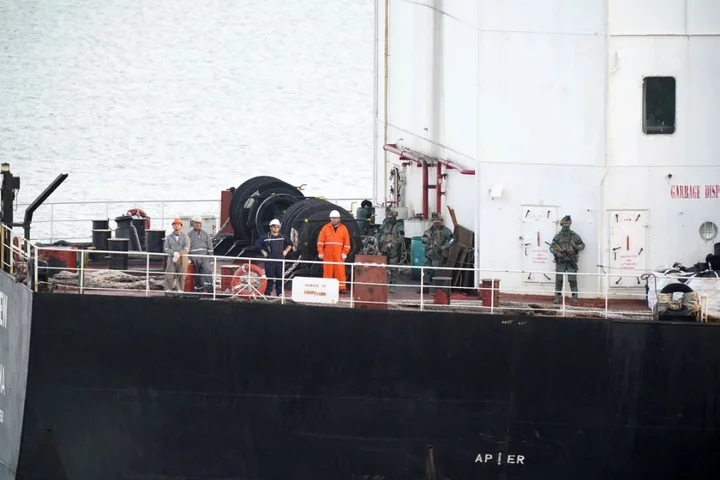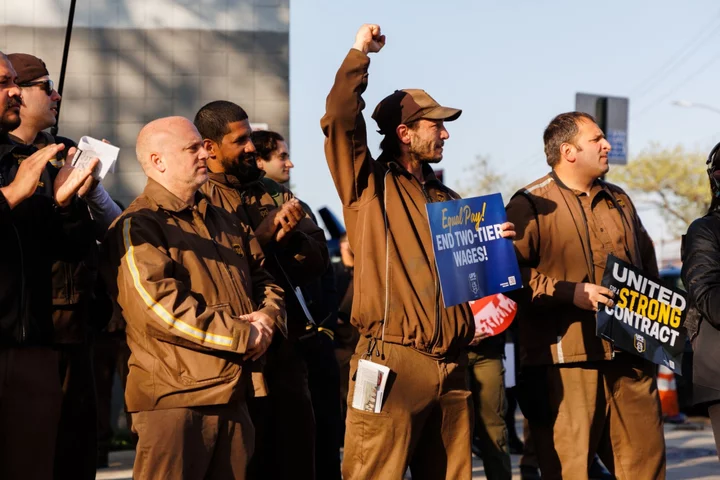Venezuelan President Nicolas Maduro called for a “multi-polar” world rather than one dominated by the US, as he arrived in Brazil seeking to rebuild the nation’s alliances after years of isolation.
In his first international trip in seven months, Maduro met with President Luiz Inacio Lula da Silva in Brasilia on Monday ahead of a regional summit.
This week’s trip is the latest evidence of an ongoing thaw toward the Venezuelan government after leftists won elections last year in Brazil and Colombia last year. Maduro’s international travel had been curtailed in recent years by sanctions by the US, which has openly backed attempts to overthrow him.
Lula, as the 77-year-old Brazilian leader is known, has repeatedly criticized US policy on everything from Venezuelan sanctions to its arming of Ukraine to its efforts to jail WikiLeaks founder Julian Assange.
“It is inexplicable for a country to have 900 sanctions placed on it, because another country doesn’t like it,” Lula said, speaking to reporters alongside Maduro.
The US government of President Donald Trump rallied its allies to isolate Venezuela following Maduro’s re-election in 2018 in a vote that was widely regarded as a sham. US sanctions deepened its economic slump that led millions to flee the country.
Clinging to Power
Maduro, 60, the hand-picked successor to the late Hugo Chavez, has clung on to power amid mass protests, coup attempts and US pressure. Now, with leftist leaders in power in most of Latin America’s biggest nations, his government is being rehabilitated by its neighbors.
Last week, Chilean President Gabriel Boric nominated a new ambassador to Venezuela, a position that had been unfilled since 2018. Foreign Relations Minister Alberto van Klaveren said on Monday that there’s a need for strong working ties between the two nations given areas of common interest, such as migration.
At the end off 2022, Colombian leader Gustavo Petro officially reopened his nation’s border with Venezuela. Meanwhile, the US eased its pressure on Maduro slightly amid fears of an energy shortage after Russia’s invasion of Ukraine in 2022.
--With assistance from Fabiola Zerpa and Matthew Malinowski.

